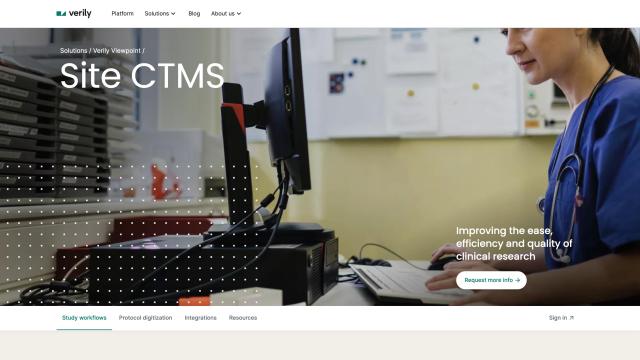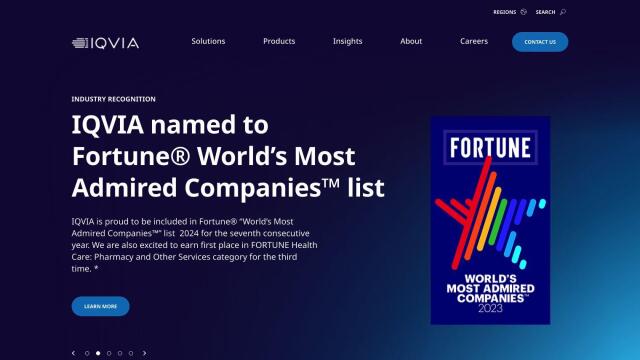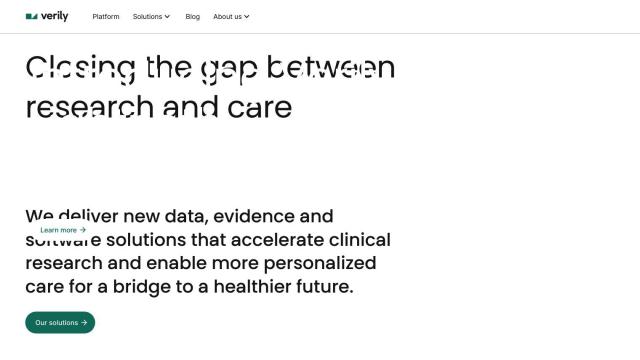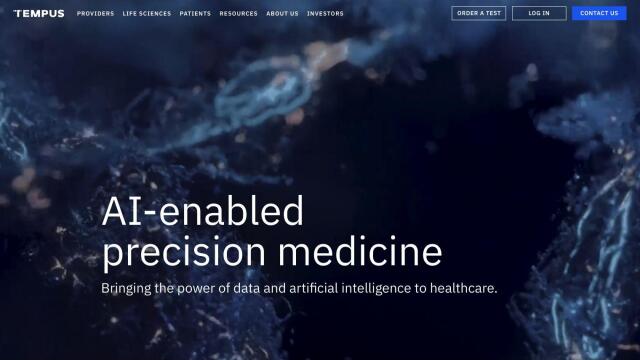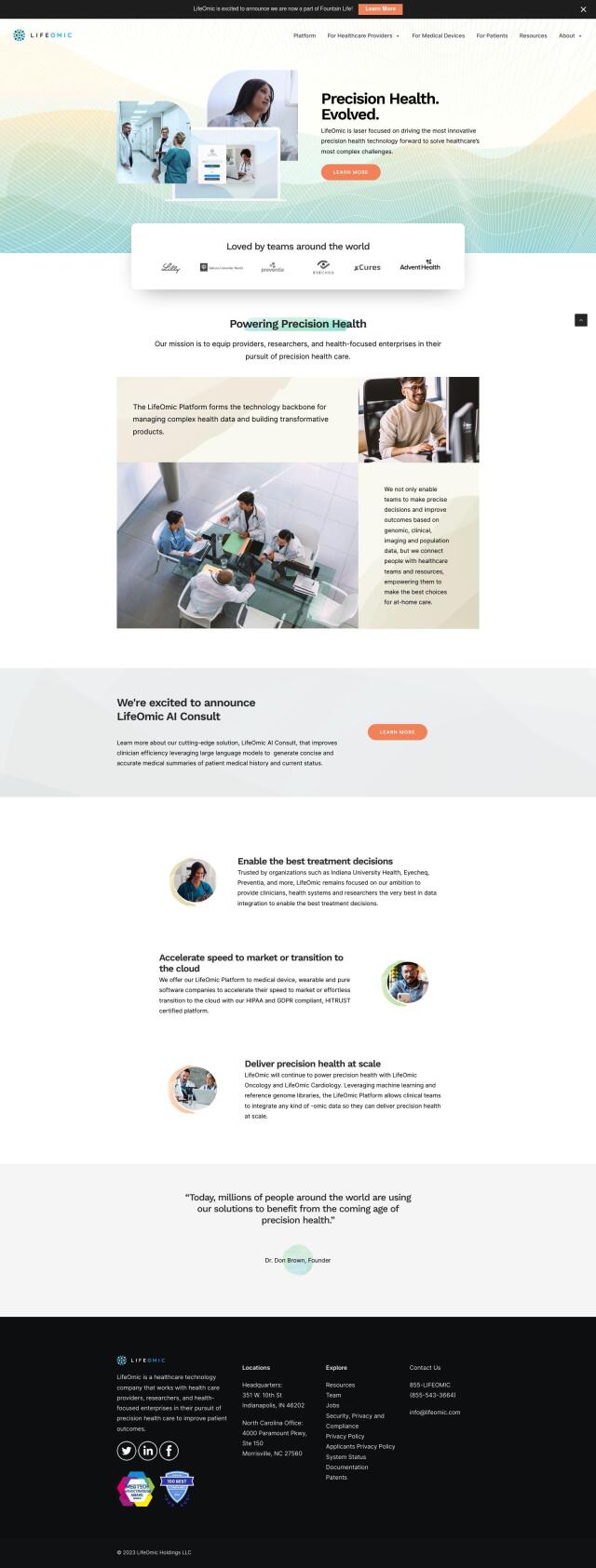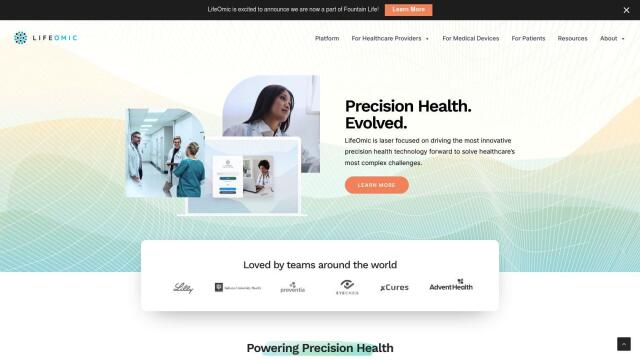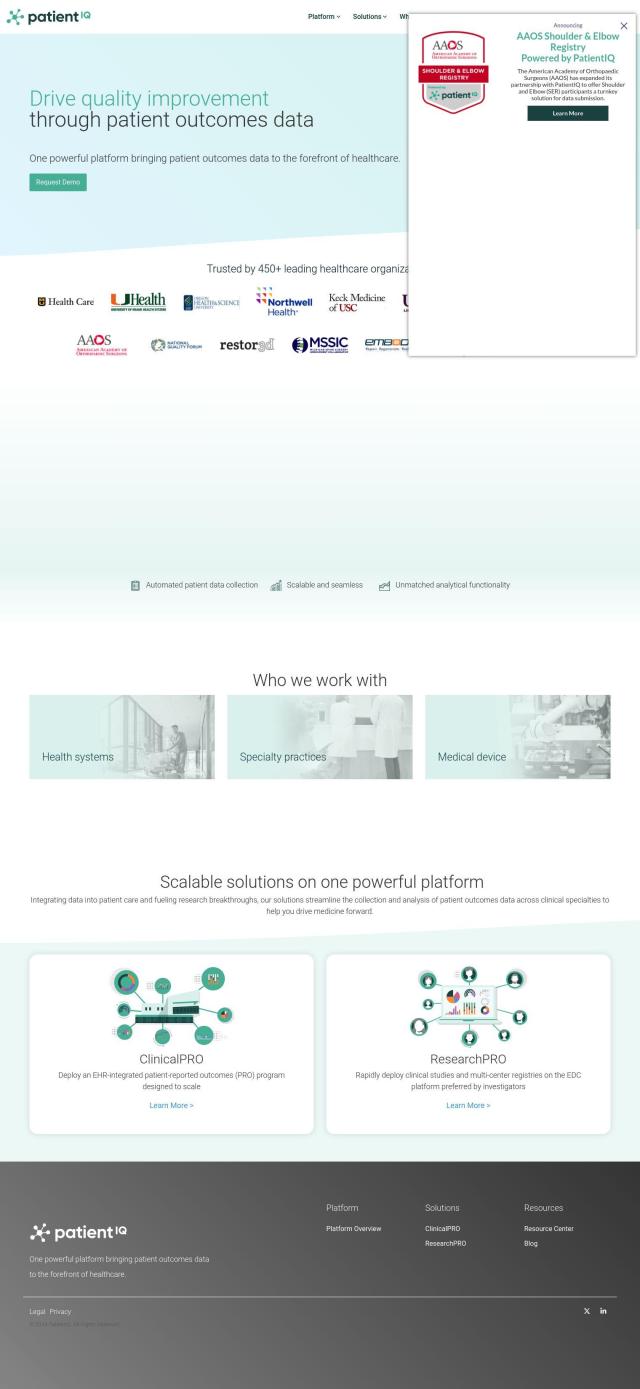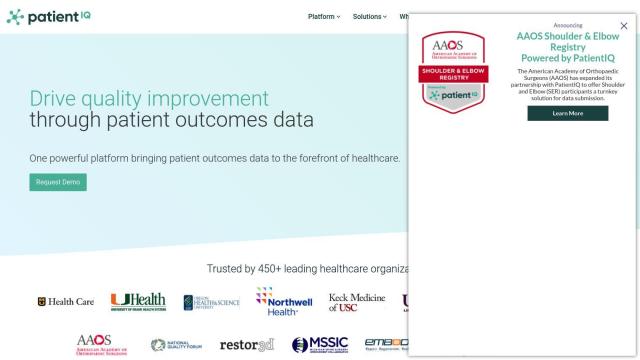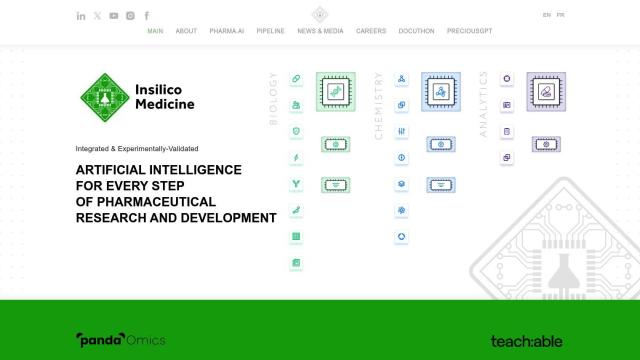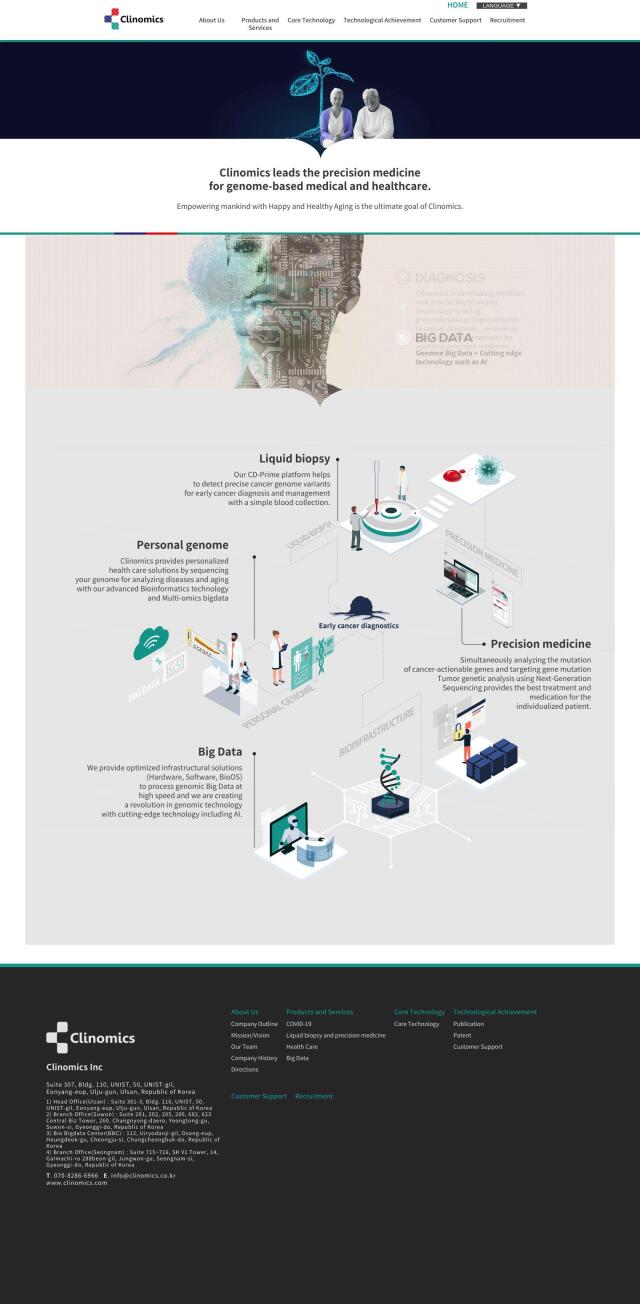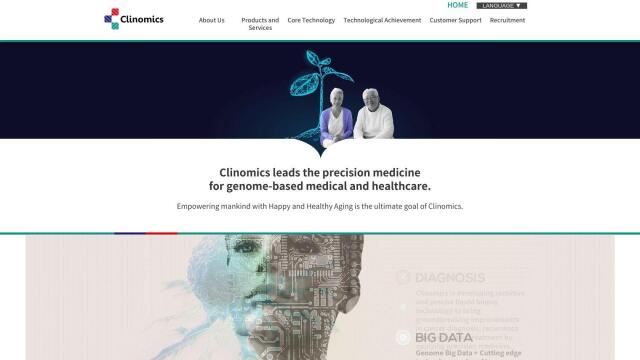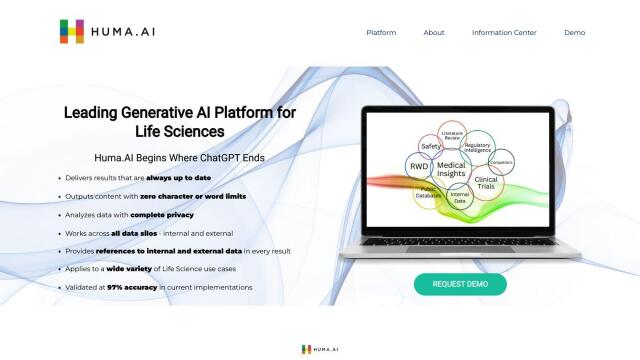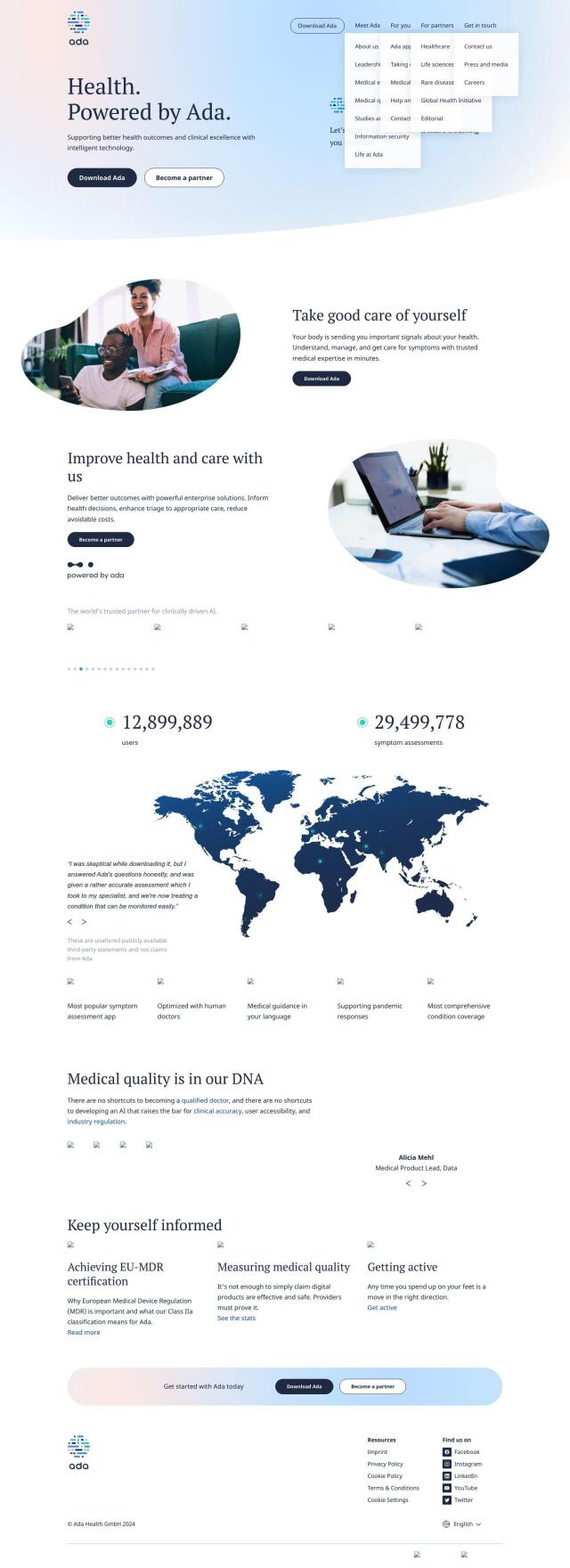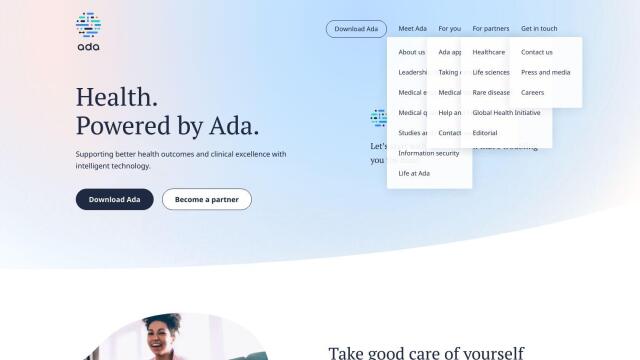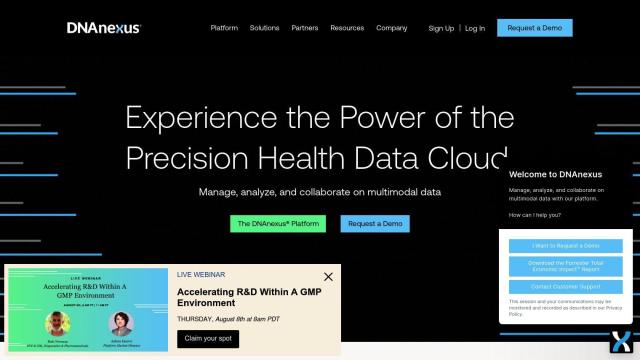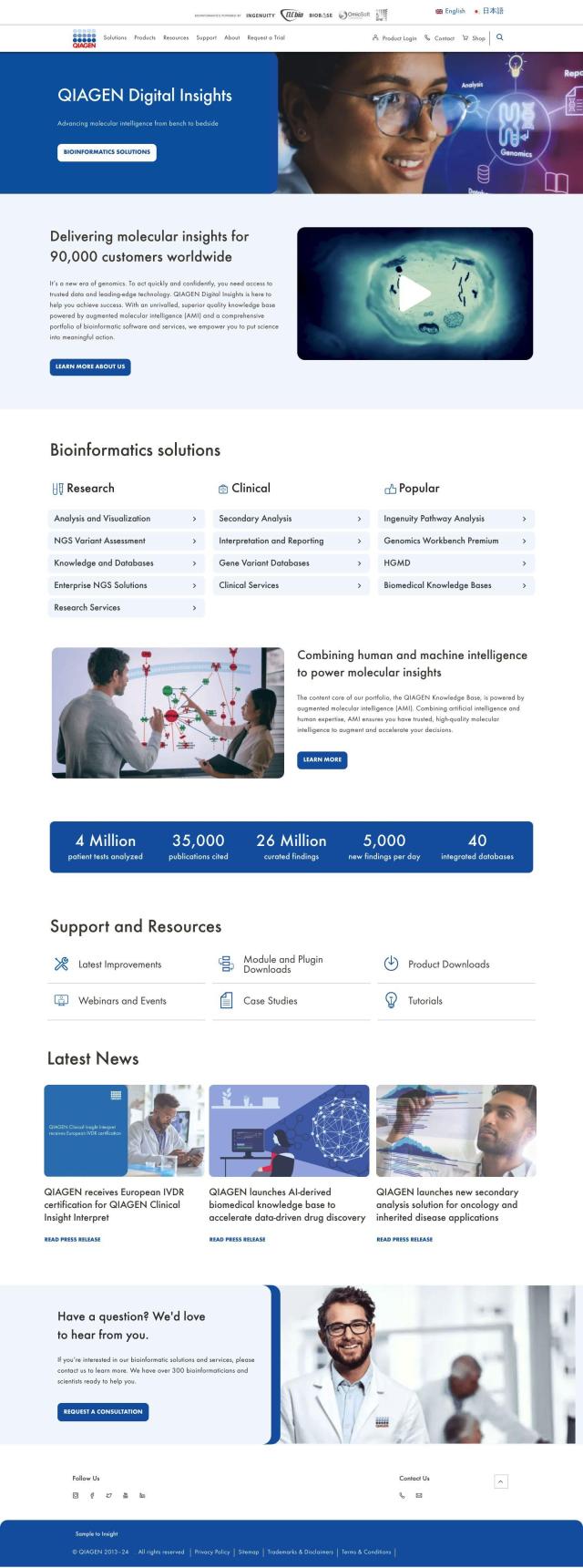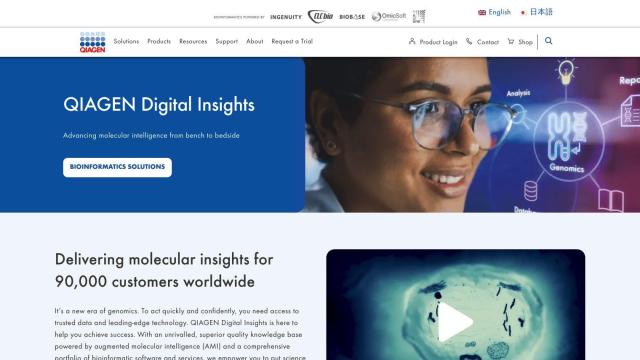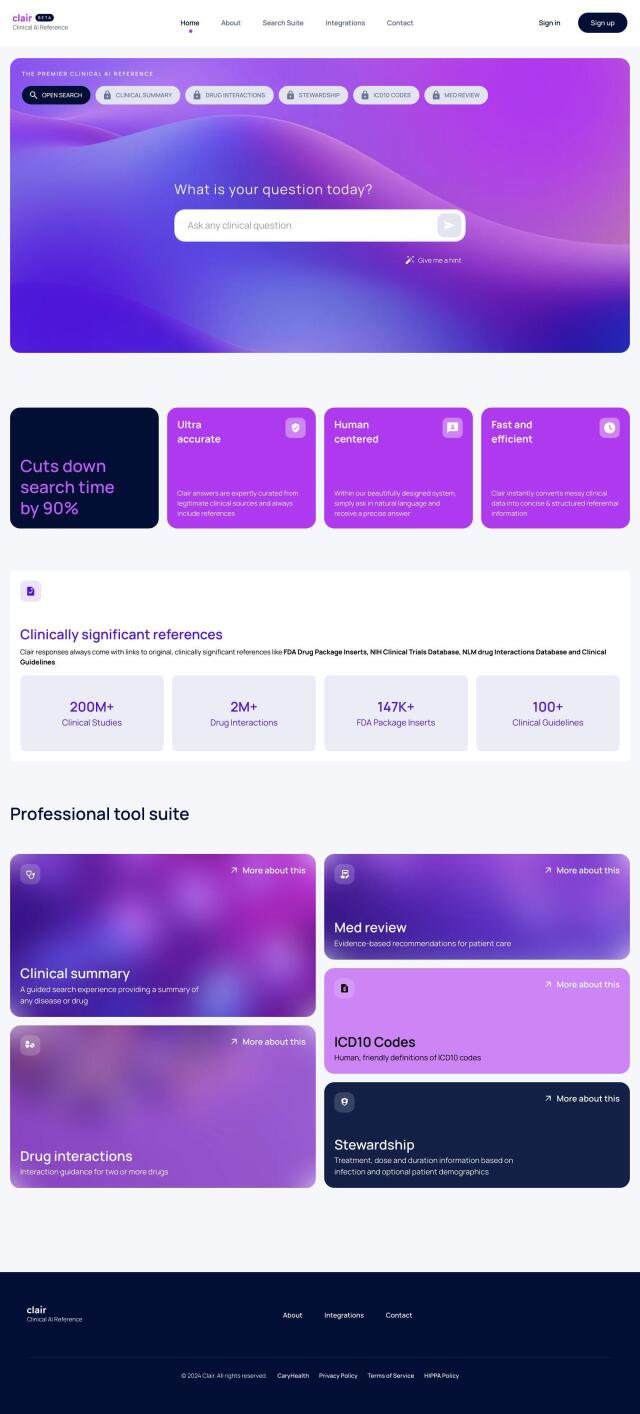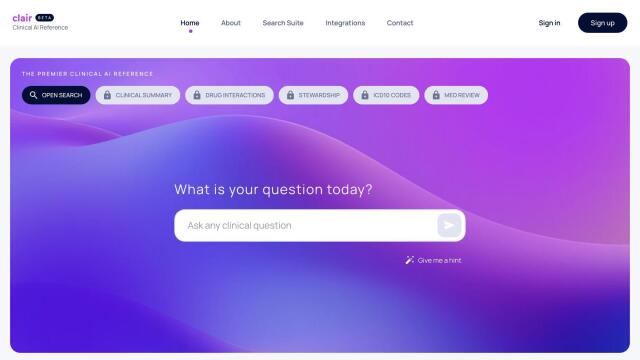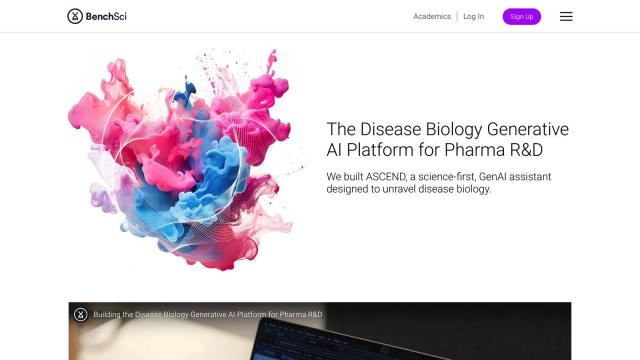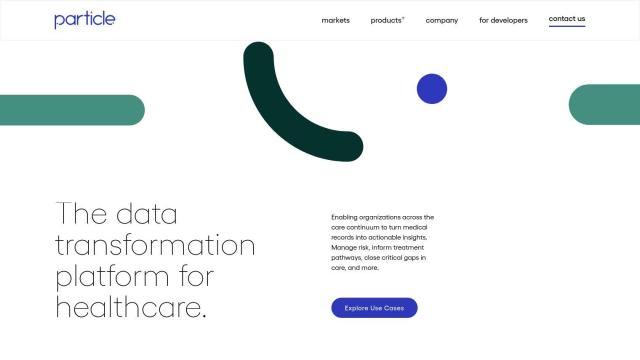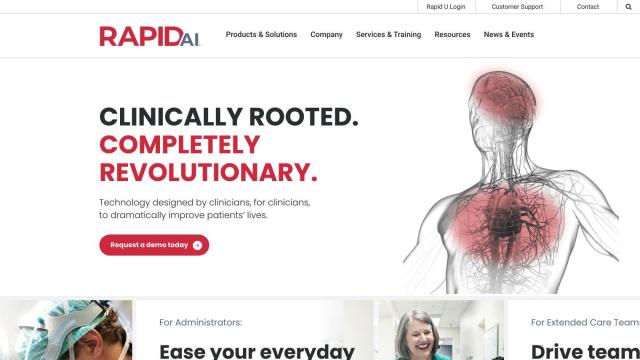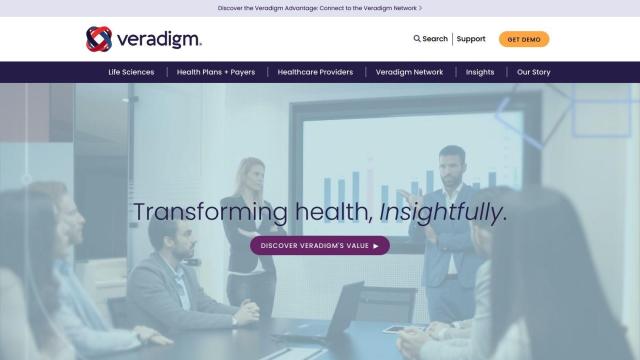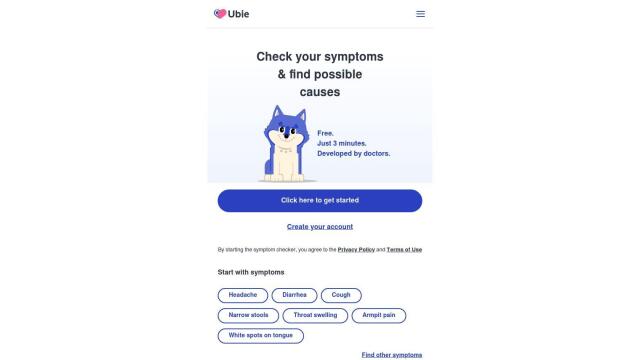Question: Can you recommend a platform that helps expand access to clinical trials for patients with rare conditions?


Medidata
If you're looking for a platform that can help increase access to clinical trials for patients with rare diseases, Medidata is a good option. Medidata's suite of products is designed to streamline clinical trials, including AI insights, patient-centric tools and data management. Its products include Clinical Data Studio, Rave EDC for electronic data capture, and Medidata AI for advanced analytics. The company serves a range of industries, including biopharma, MedTech and academic institutions. Its platform can help make clinical trials more efficient and patient-centric, which is important for patients with rare diseases.

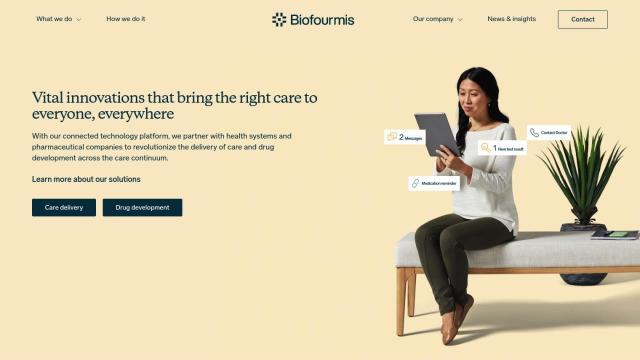
Biofourmis
Another option is Biofourmis, which uses connected technology to expand care delivery and drug development beyond hospitals. Biofourmis offers precision digital recruitment tools for clinical trials, real-world evidence generation and remote care capabilities. The platform also includes disease-specific care pathways and digital tools for patient engagement and care coordination. The integrated service approach can help patients enroll in clinical trials more easily, increasing access to care and therapeutics.

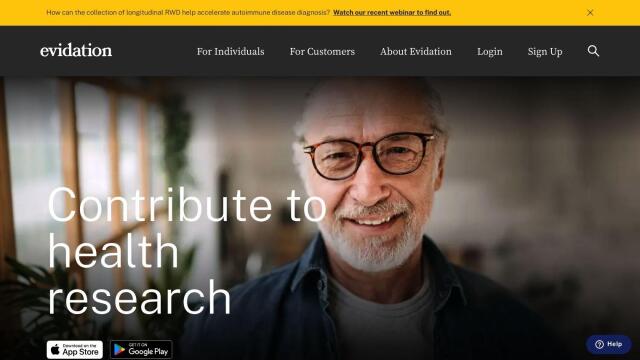
Evidation
If you're interested in tapping into real-world health data, Evidation has a platform that connects people to their health data to help improve health. People can participate in research studies, including clinical trials, and contribute to health insights. The company integrates with health apps like Fitbit and Apple Health to track and analyze data, helping to fill real-world data gaps and intervene at the right time. That can be particularly useful for patients with rare diseases, where data is often scarce.
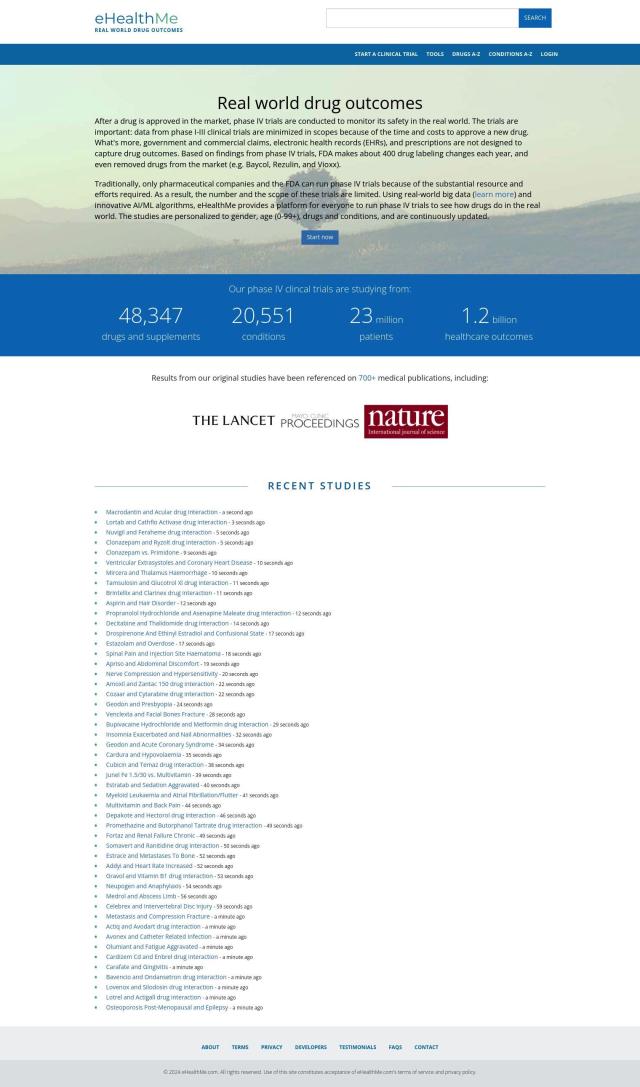
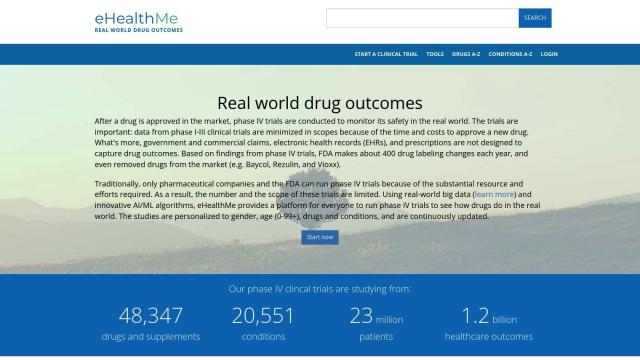
eHealthMe
Last, eHealthMe lets people run their own phase IV clinical trials to get real-world information about how drugs work that isn't available to patients. With access to a large database of health care outcomes, people can learn about drug efficacy and safety. The platform is good for post-approval drug monitoring and personalized research that can help improve patient safety and treatment outcomes for patients with rare diseases.



